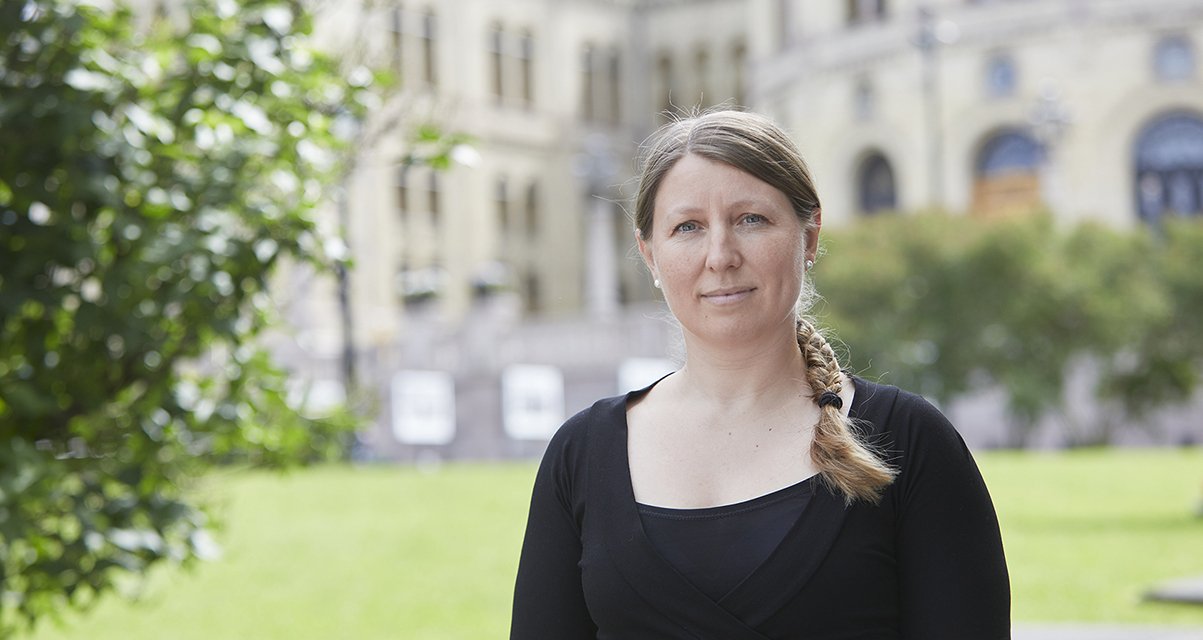Optimism before the National Wages Board meets on 7 November
The National Wages Board will process the wage settlement for Unio’s members in the state sector on Thursday 7 November.
– I have faith that it will go our way, says Unio's negotiator Guro Elisabeth Lind.

14.08.2024
Guro Lind, head of negotiations for Unio in the state sector
She is optimistic about the outcome of the National Wages Board's proceedings because the board is conservative and will therefore be reluctant to make major changes to the system. The arrangement with two agreements can therefore remain in place.
– The government wants to return to one common basic collective agreement, as it was as far back as 2016. It is a radical change that is so politically motivated and principled that I do not think the wages board will touch it, says Guro Elisabeth Lind.
Unio went on strike together with Akademikerne on 24 May because the state and government wanted to cancel the basic collective agreement that the same government entered into with Unio and Akademikerne two years ago. Akademikerne's strike was stopped by the government on 2 June. Early on Wednesday morning, 5 June, the government announced a compulsory wage board for Unio as well.
Unio took note of the government's decision, but at the same time pointed out that the National Wages Board's composition must be changed in order to have a neutral and independent treatment.
The National Wages Board is composed of three permanent neutral members. Unio has no objections to that. What Unio has reacted to is that the two members who represent the working parties in the tribunal are the LO state leader and the state's HR director. Admittedly, they do not have the right to vote, but they do have the right to speak.
Since this year's collective bargaining settlement in the state was so heavily politicised, these two members – who are generally supposed to look after the interests of the employee side and the employer side – have strong party interests in the matter.
– We assume that the National Salary Board itself assesses its own impartiality so that the board can deal with the case in a neutral and legally valid way, comments Unio's head of negotiations Klemet Rønning-Aaby.
Akademikerne's case is processed at the same time as Unio's.
LO state originally accepted the state's offer in mediation, but the members voted no in a referendum. Instead of taking the members out on strike, LO asked that the National Wages Board resolve the dispute in a so-called voluntary wage board. This case will be heard in the National Wages Board on 15 November.
